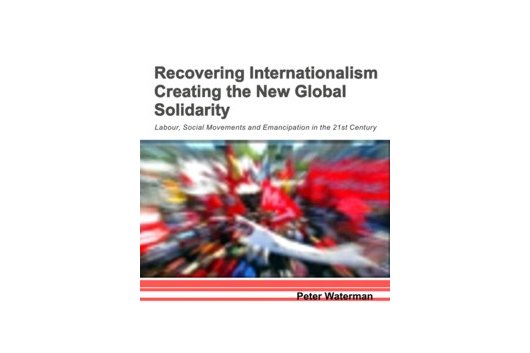ESCR-Net’s Corporate Accountability Working Group is pleased to announce the release of its Collective Report on Business and Human Rights.
Presented directly to Members of the 8th Session of the UN Human Rights Council in Geneva during the first week of June 2008, this Collective Report on (…)
ESCR-Net Collective Report on Business and Human Rights - 2008
ESCR-Net

